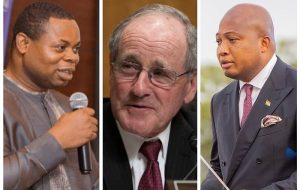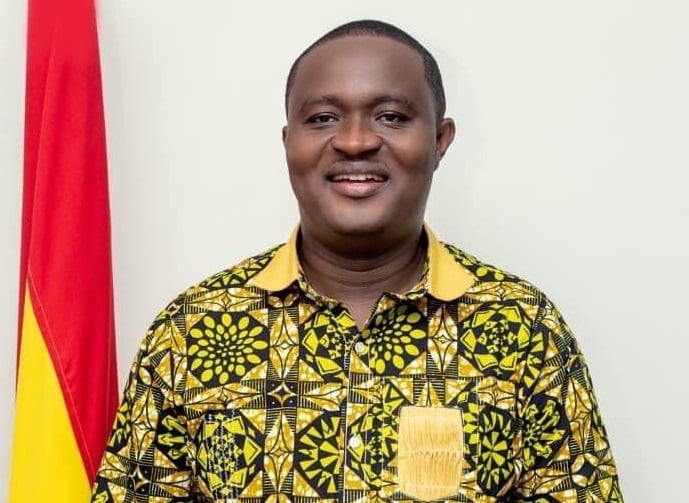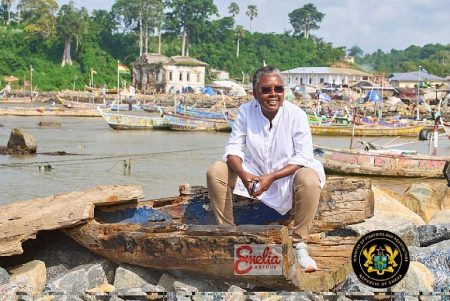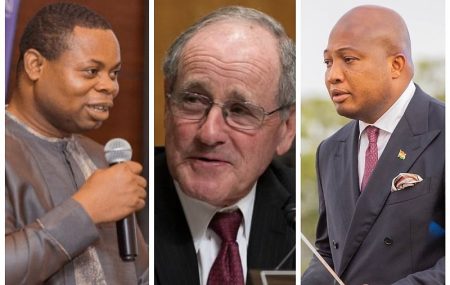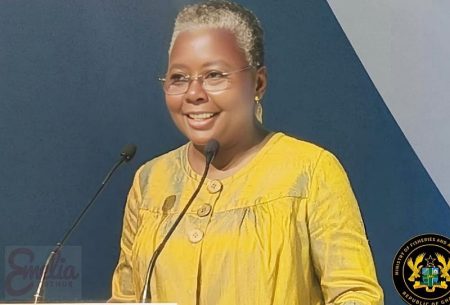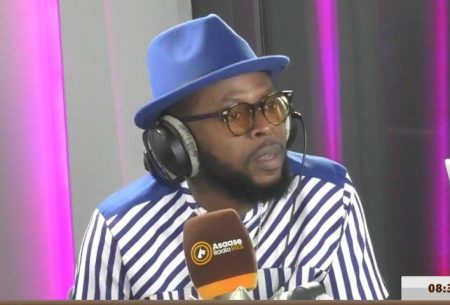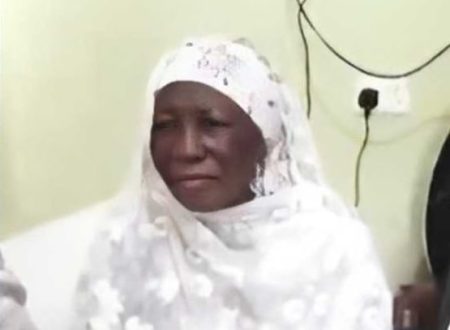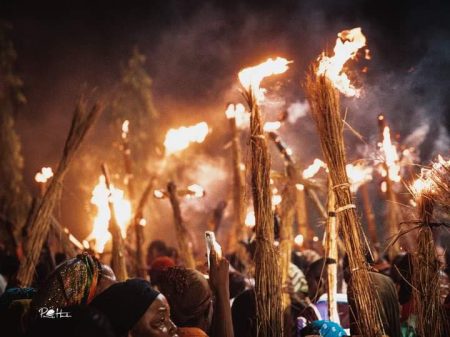The political landscape within Ghana’s New Patriotic Party (NPP) is witnessing a dramatic shift as the party gears up for its presidential primaries. Kwasi Kwarteng, legal practitioner and spokesperson for flagbearer aspirant Kennedy Ohene Agyapong, has leveled significant accusations against former President Nana Addo Dankwa Akufo-Addo, alleging that he has withdrawn his support from Vice President Dr. Mahamudu Bawumia’s bid for the party’s leadership. This alleged abandonment, according to Kwarteng, has left Bawumia’s campaign in a state of disarray and uncertainty, jeopardizing his prospects in the upcoming race. This claim underscores the crucial role Akufo-Addo played in Bawumia’s political trajectory, particularly during the previous election cycle, where his backing served as a significant driving force. The absence of this crucial support, Kwarteng argues, has created a power vacuum within Bawumia’s camp, leaving the campaign struggling to navigate the complex political terrain.
Adding another layer of complexity to the unfolding drama within the NPP, Kwarteng further alleges that key figures within Bawumia’s campaign have lost faith in his presidential agenda. He points specifically to Bryan Acheampong, former Minister of Food and Agriculture and fellow contender for the flagbearership, as a prime example of this shift in allegiance. Acheampong, according to Kwarteng, was previously a staunch supporter of Bawumia, even harboring ambitions of becoming his running mate. His current decision to challenge Bawumia for the party’s leadership speaks volumes about the perceived vulnerability of the Vice President’s campaign. This internal fracturing, fueled by the alleged withdrawal of presidential support, paints a picture of a campaign grappling with internal divisions and a loss of momentum.
Kwarteng, while highlighting the challenges faced by Bawumia’s campaign, expressed unwavering confidence in the prospects of his own candidate, Kennedy Ohene Agyapong. Asserting that Agyapong would secure the NPP’s flagbearer position if the vote were held immediately, Kwarteng’s statement reflects the growing sense of optimism within the Agyapong camp. He believes that the current political dynamics within the NPP, characterized by shifting allegiances and internal divisions, create a favorable environment for Agyapong’s candidacy. This bold declaration serves not only as a testament to Agyapong’s perceived strength but also as a strategic move to bolster his image and rally support amongst party members.
Despite Kwarteng’s claims and the apparent turmoil within Bawumia’s camp, recent independent polling data presents a contrasting narrative. A survey conducted by Global InfoAnalytics indicates that Bawumia maintains a significant lead in the race, suggesting that despite the internal challenges, he remains a formidable contender. This contradictory information highlights the volatile nature of political landscapes and the difficulty in accurately predicting outcomes based solely on anecdotal evidence or internal party dynamics. The poll suggests that Bawumia’s established presence within the party and his name recognition continue to hold sway among the larger party membership.
The unfolding drama within the NPP underscores the high stakes involved in the party’s upcoming primaries. The alleged withdrawal of presidential support for Bawumia, coupled with internal dissent and shifting allegiances, casts a long shadow over his campaign. However, despite these challenges, independent polling data suggests that Bawumia remains a strong contender for the flagbearership. This conflicting information highlights the dynamic and unpredictable nature of political contests, where perceived internal weaknesses may not necessarily translate into broader electoral disadvantage. The race remains open, and the eventual outcome will depend on a complex interplay of factors, including candidate appeal, campaign strategy, and the evolving political dynamics within the party.
The upcoming NPP primaries are shaping up to be a closely contested and highly significant event in Ghanaian politics. The outcome will not only determine the party’s flagbearer for the 2024 general elections but also shape the future direction of the party. The contrasting narratives emerging from within the NPP, ranging from allegations of abandoned campaigns to confident predictions of victory, highlight the intense competition and high stakes involved. As the race progresses, it will be crucial to observe how the candidates navigate these challenges and adapt their strategies to gain an advantage in this complex and rapidly evolving political landscape.



